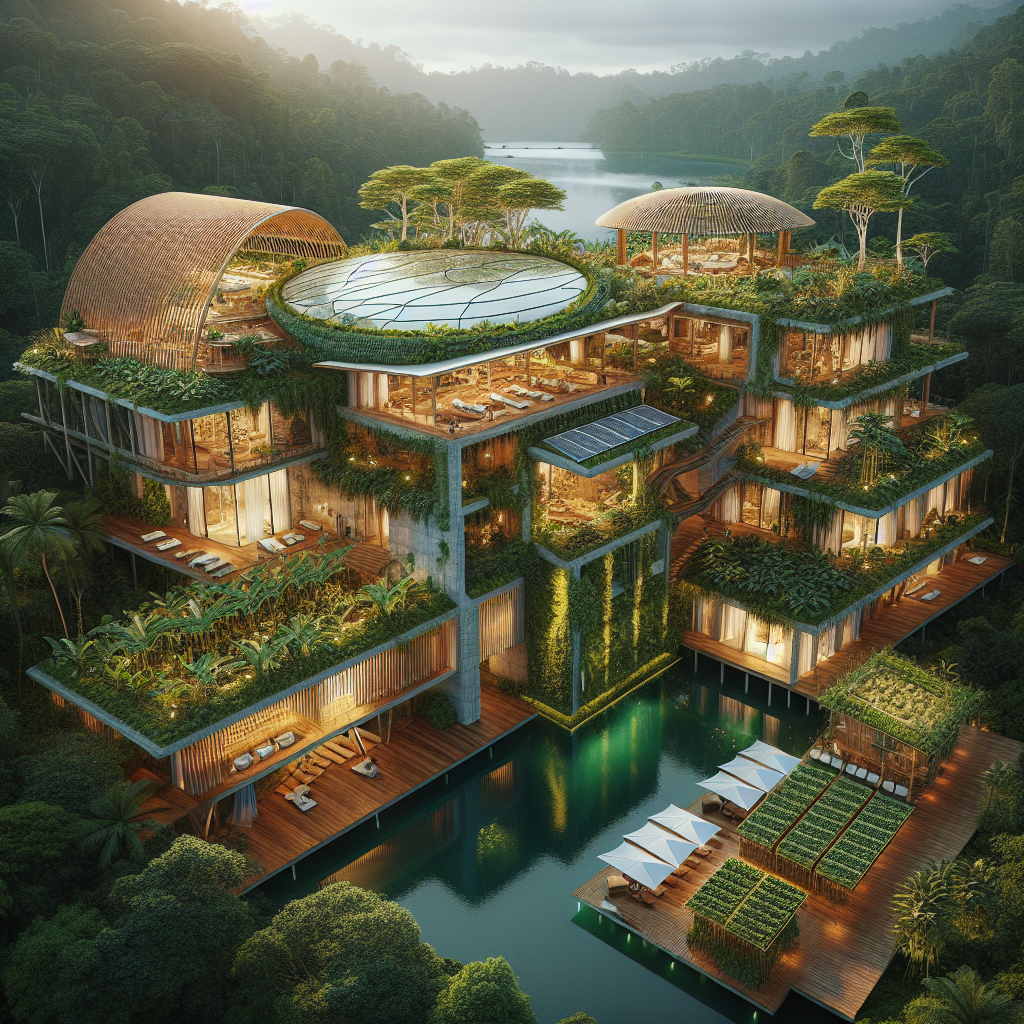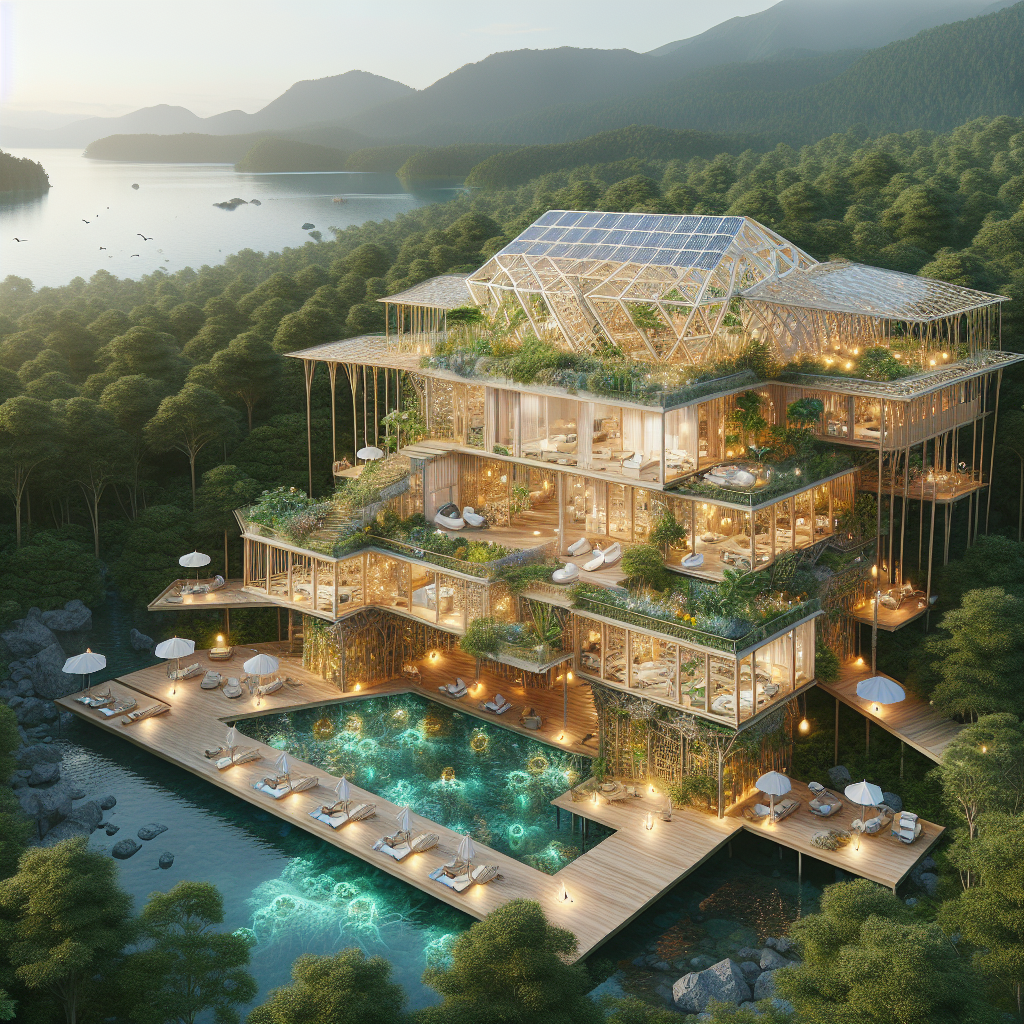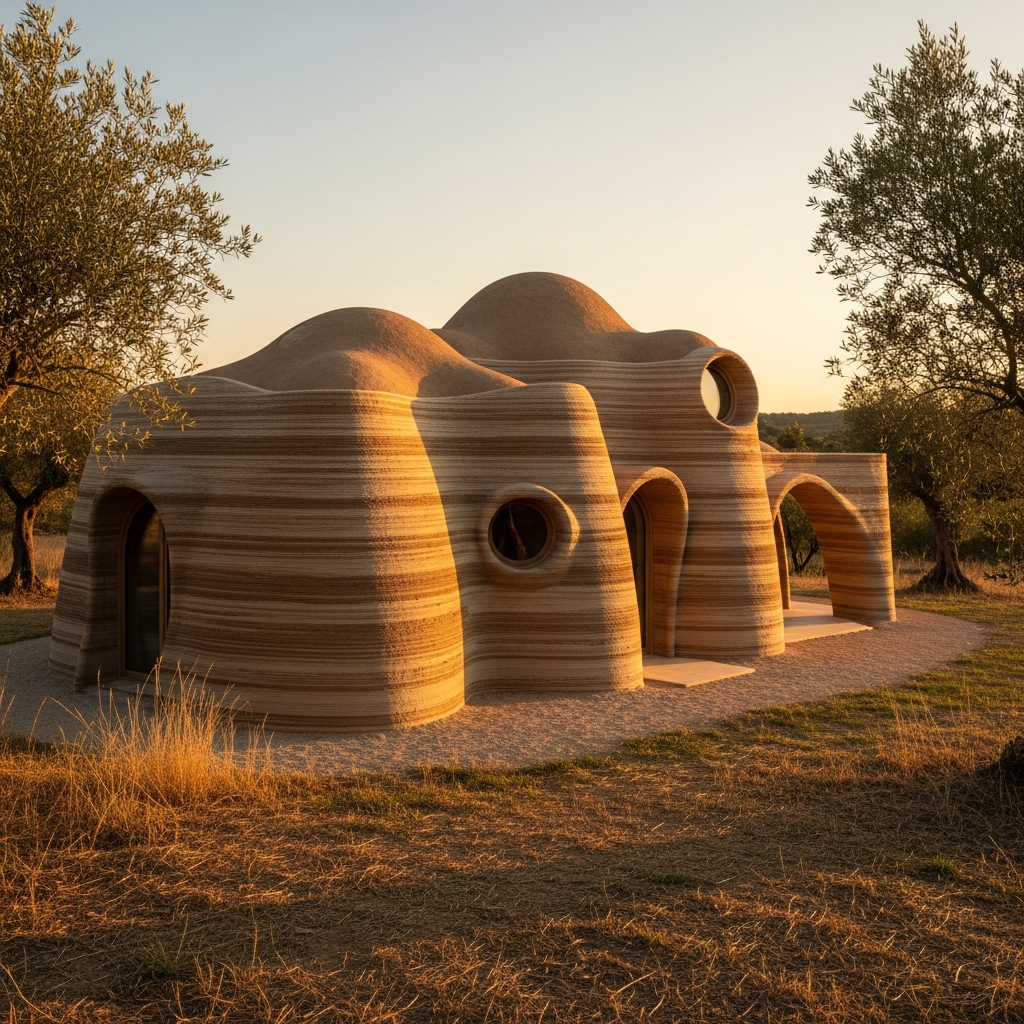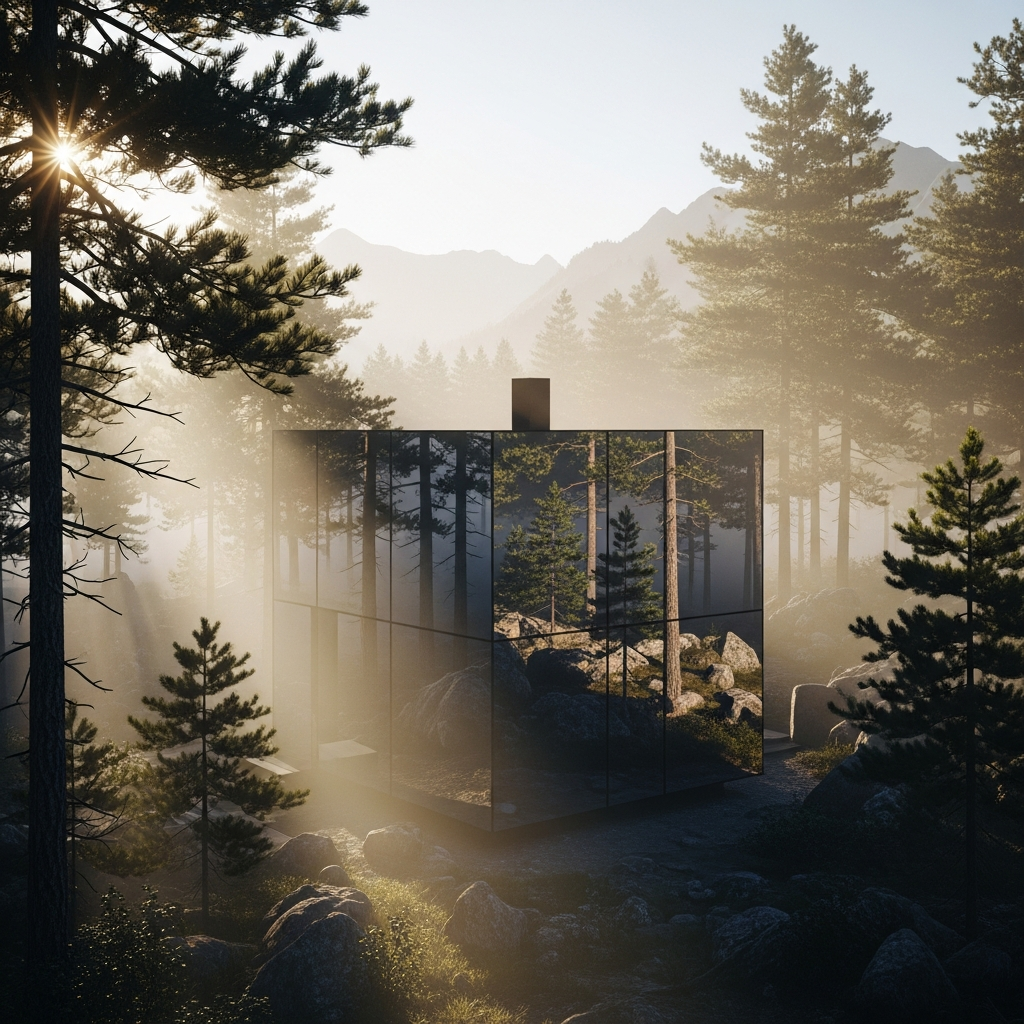Zero-waste holiday homes entirely compostable retreats
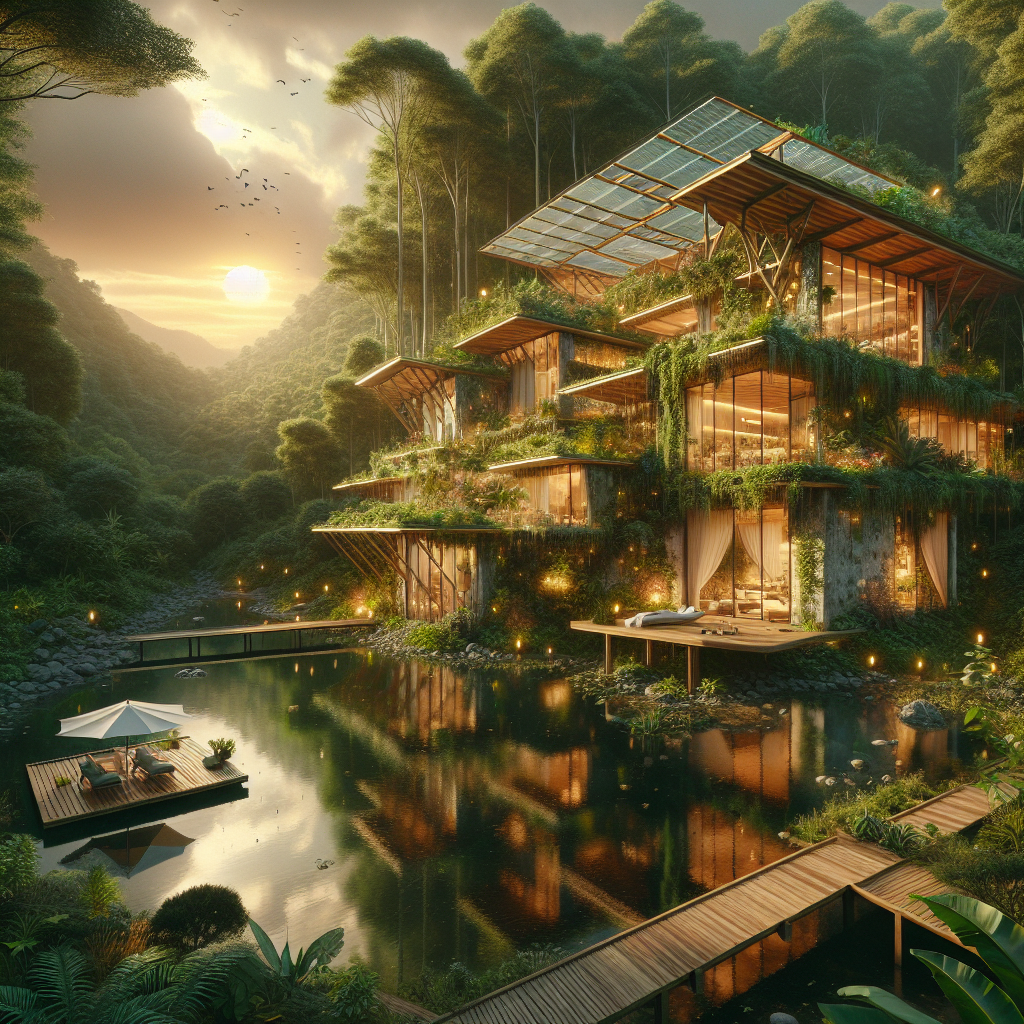
Zero-Waste Holiday Homes: The Rise of Compostable Retreats
As the world pivots towards sustainable architecture, a new trend is emerging that takes eco-conscious living to the next level: zero-waste holiday homes. These entirely compostable retreats are designed to leave no trace, blending seamlessly with nature while offering a luxurious escape. From biodegradable materials to circular design principles, these structures are redefining the future of travel and hospitality.
The Philosophy Behind Zero-Waste Retreats
Traditional holiday homes, even those marketed as eco-friendly, often rely on materials that take decades to decompose. In contrast, zero-waste holiday homes are built with materials that can be fully returned to the earth. The concept aligns with the principles of the circular economy, ensuring that every component of the structure is either biodegradable or reusable.
Architects and designers are increasingly inspired by biophilic design, which integrates natural elements into the built environment. This approach not only enhances well-being but also ensures that structures harmonize with their surroundings rather than disrupt them.
Materials That Disappear
The key to creating a truly compostable retreat lies in the choice of materials. Innovations in biodegradable architecture have led to the development of materials that decompose naturally without harming the environment. Some of the most promising materials include:
- Mycelium: A fungal material that grows into lightweight, durable structures and decomposes completely when exposed to the elements.
- Hempcrete: A mixture of hemp fibers, lime, and water that is not only biodegradable but also carbon-negative.
- Bamboo: A rapidly renewable resource that provides strength and flexibility while naturally decomposing over time.
- Recycled paper and bio-resins: Used for insulation and paneling, these materials offer a sustainable alternative to traditional building components.
Designing for a Circular Lifestyle
Beyond materials, the design of these homes is centered around circular living. Every element, from furniture to fixtures, is chosen with the end of its lifecycle in mind. Some homes even incorporate cradle-to-cradle design principles, ensuring that all components can be repurposed or composted.
For instance, modular construction techniques allow for easy disassembly, enabling materials to be reused in future projects. Meanwhile, reclaimed materials are often integrated into the design, reducing waste and adding character to the space.
Off-Grid and Self-Sustaining
Many zero-waste holiday homes are designed to be completely off-grid, relying on renewable energy sources such as solar power and rainwater harvesting. Composting toilets, greywater recycling systems, and permaculture gardens further enhance their sustainability.
Some retreats even incorporate vertical farming techniques, allowing guests to harvest their own food during their stay. This not only reduces the carbon footprint of food transportation but also fosters a deeper connection with nature.
Luxury Without the Footprint
One might assume that such homes sacrifice comfort for sustainability, but the reality is quite the opposite. Designers are proving that eco-friendly architecture can be both luxurious and responsible. High-end passive house principles ensure optimal thermal comfort, while natural materials create a warm and inviting atmosphere.
Some of the most innovative retreats feature retractable walls that open up to the landscape, offering an immersive experience. Others incorporate smart technology to optimize energy use, proving that sustainability and modern convenience can coexist.
The Future of Sustainable Travel
As travelers become more conscious of their environmental impact, the demand for zero-waste holiday homes is set to grow. These retreats offer a compelling alternative to traditional accommodations, allowing guests to experience nature without leaving a lasting footprint.
With advancements in net-zero architecture and biodegradable materials, the future of sustainable travel looks promising. Whether nestled in a forest, perched on a mountainside, or floating on a lake, these compostable retreats are paving the way for a new era of responsible tourism.

